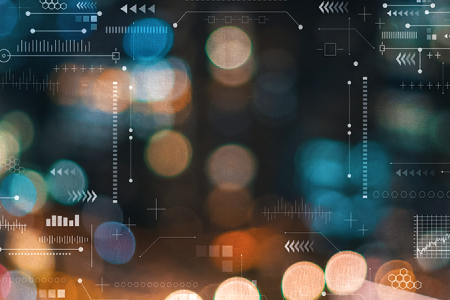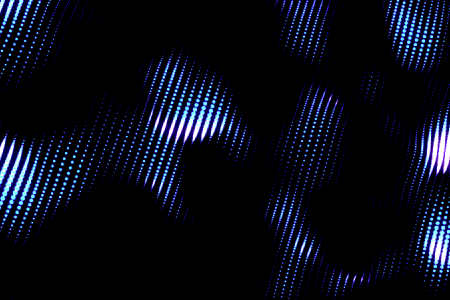- 10/18/2023
John Dalton, VP of Research at FCAT, spoke with Tiffany about her experiences embracing a break from tech and why she believes more of us should shut down our devices more regularly.
- In 24/6, you write that “the Web plays to our weaknesses, not our strengths.” What do you mean by that?
The Internet is designed to make you always want more, to make you want to be somewhere else. You’ve got to find another headline you haven't seen yet so you can buy a pair of new boots, so you always feel like you’re hungry for more. I find that when I turn off my screens each week, it really switches my brain and mindset to feeling like I have enough, that I have more than enough, and it's all right in front of me, and I just wasn't looking up to see it.
- 24/6 is a very personal work. I was especially moved by your description of your father’s passing and your intense desire to maintain eye contact with him until he died. It’s a powerful illustration of just how important face-to-face, in person communication is, even if that communication is silent. Do you worry that excessive screentime is robbing us of that skill?
It can be intense to look at someone in the eye. It can be really hard. But while doing research for a film I was working on, I learned that making eye contact with a child from birth to 5 years is critical for healthy brain development. So evolutionarily, making eye contact is a really important skill; and it’s a powerful bond of connection. I do worry when I see a lot of women breastfeeding and staring at their phone; they're not looking at their baby. And I'm actually grateful that the phone wasn't like fully flourishing when I had babies, because I was still focused on connecting with my child.
When my father died -- he was a brilliant man-- he lost his ability to speak the last day, and he had something important to tell us, which was why we were gathered, and it was so intense because he was just looking at us, and I know that it was frustrating for him to not be able to communicate. But on some other level, he was communicating everything he needed to communicate just by holding our eye contact for so long before he died. At the entry to life and at the end of life, making eye contact is vital. Our technologies make it hard to see other people, to really look them in the eye. And it’s so fundamental to be able to do that, and I think sometimes we should force that; it’s too important to neglect.
- As you note in the book, there’s a lot of science in support of the idea of downtime; unplugging can improve creativity and productivity, for example. Looking back, what have been the greatest benefits of living offline one day a week for more than a decade?
I can hear myself think. You know how they say there's that small inner voice. I mean a lot of people that have different names for it, but whatever you call it, it’s that inner sense of what you really want to do, or something you really should do. On that day without screens, I feel like I can quiet the noise and hear what I'm really thinking and what I'm really wanting and what I'm really wanting to connect with. I feel like I get to this very core level. I return to myself and hear myself think.
John Dalton VP Research at FCAT, where he studies emerging interfaces (augmented reality, virtual reality, speech, gesture, biometrics), socioeconomic trends, and deep technologies like synthetic biology and robotics.












